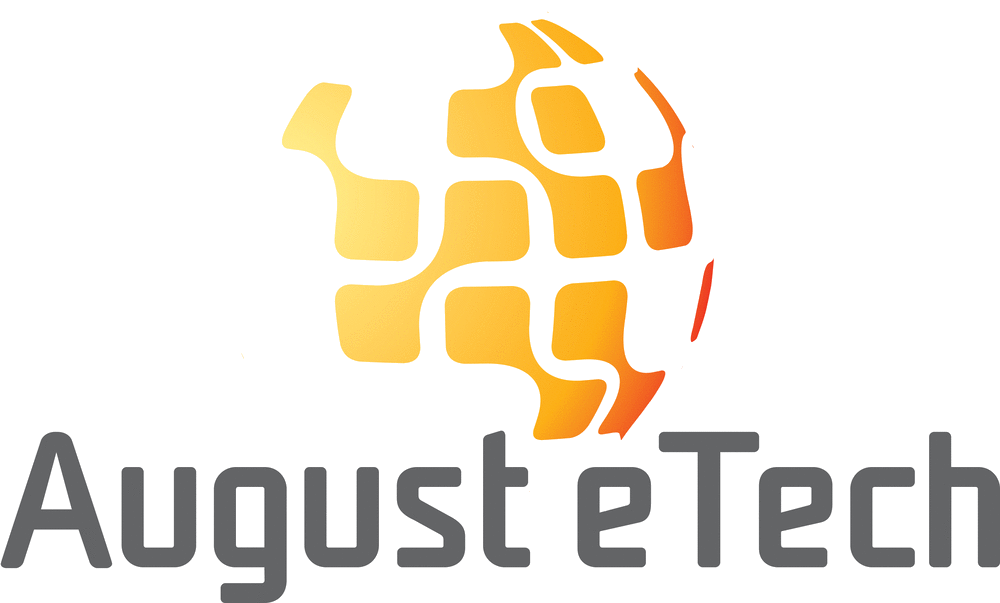The Growing Role of Specialized IT Services in the Life Sciences Sector
The life sciences industry—spanning pharmaceuticals, biotech, and medical devices—is among the most heavily regulated and technologically dependent sectors today. From FDA compliance and HIPAA regulations to protecting intellectual property and clinical data, companies in this space face a unique convergence of challenges at the intersection of science, technology, and regulation.
In this complex environment, the need for specialized IT support has become increasingly clear. Generalist IT firms often lack the sector-specific knowledge required to navigate regulatory landscapes and validate systems effectively. That’s where firms like **August eTech**—a managed service provider (MSP) and managed security service provider (MSSP) with a deep focus on life sciences—have carved out a critical niche.
Regulatory Pressure Meets Digital Transformation
Life sciences organizations operate under strict compliance mandates such as 21 CFR Part 11, GAMP5, GxP, GcP and HIPAA. As digital systems become more embedded in research, manufacturing, and patient data management, ensuring these systems are validated and audit-ready is non-negotiable. IT support in this space is no longer just about uptime or device management—it’s about enabling digital infrastructure that meets regulatory scrutiny.
August eTech, for example, has built its service model specifically around these needs, offering IT and cybersecurity solutions aligned with FDA and international regulatory frameworks. Their work spans compliance documentation, software validation, and quality protocols (like IQ/OQ/PQ), which are essential for both regulatory submissions and inspections.
Security Risks and Compliance Go Hand in Hand
Cybersecurity in the life sciences is not just about avoiding data breaches—it’s about protecting sensitive patient information, clinical trial data, and proprietary research. A breach can have far-reaching implications, from patient safety to lost research funding to regulatory penalties.
Here, specialized MSSPs play a key role. Firms like August eTech provide around-the-clock threat detection, vulnerability management, and incident responseservices tailored to the unique needs of clinical and lab environments. These security frameworks are built to align with both IT best practices and regulatory compliance—something not all providers can offer.
A Shift Toward Integrated, Specialized MSP Models
As the complexity of compliance and security requirements grows, more life sciences companies are turning to integrated MSP/MSSP models*that provide both traditional IT support and cybersecurity services under one umbrella. This simplifies vendor management, reduces communication gaps, and ensures that compliance isn’t treated as an afterthought.
These companies are filling this gap with services that combine 24/7 helpdesk support, cloud management, endpoint security, backup and disaster recovery, and regulatory consulting—all aligned with FDA-ready IT governance.
In Summary
The evolution of the life sciences industry is increasingly digital—and that digital backbone must be secure, compliant, and strategically managed. While generalist IT providers may offer functional services, they often fall short in delivering the sector-specific guidance required to meet regulatory expectations and protect sensitive data.
The growing demand for MSP/MSSP companies specializing in the Life Sciences Industry signals a broader shift in how life sciences companies think about technology—not just as infrastructure, but as a critical part of the compliance and innovation equation.

